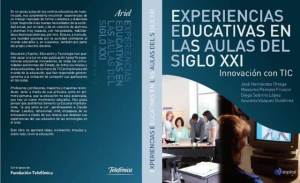Corpus types and uses
B Murphy, E Riordan – The Routledge Handbook of Language Learning and …, 2016
… 2008). Another is the SACODEYL corpus, which includes transcribed interviews with
British, German, French, Italian Spanish, Lithuanian and Romanian adolescents
between 13 and 18 years of age (Hoffstaedter and Kohn 2009). …
The Routledge Handbook of Language Learning and Technology
F Farr, L Murray – 2016
… Page 19. Acronyms OLPC OMC OPUS PC PLE PLN RPG RSS SACODEYL SBCSAE SCMC
SEN SLA SOLE SSI Model TEC TESOL TNC VLE VOICE VSL WiA WoW ZPD one laptop per
child Oslo Multilingual Corpus Open Parallel Corpus personal computer personal learning …
Spoken language corpora and pedagogical applications
A Caines, M McCarthy, A O’Keeffe – The Routledge Handbook of Language Learning …, 2016
… Focusing on an innovative tool developed to make corpus use easier to access for language
teaching, Farr (2010) details the potential of the SACODEYL (System Aided Compilation and
Open Distribution of European Youth Language, a European Commission–funded project …
Written language corpora and pedagogical applications
A Chambers – The Routledge Handbook of Language Learning and …, 2016
… 241–245), based on Mur Dueñas (2009), while the other focuses on intermediate learners of
EAP (pp. 260–263), based on Boulton (2010). Notes 1 http://www. um. es/sacodeyl (accessed
27 June 2014). 2 http://www. um. es/backbone (accessed 27 June 2014). 3 http://www. …




